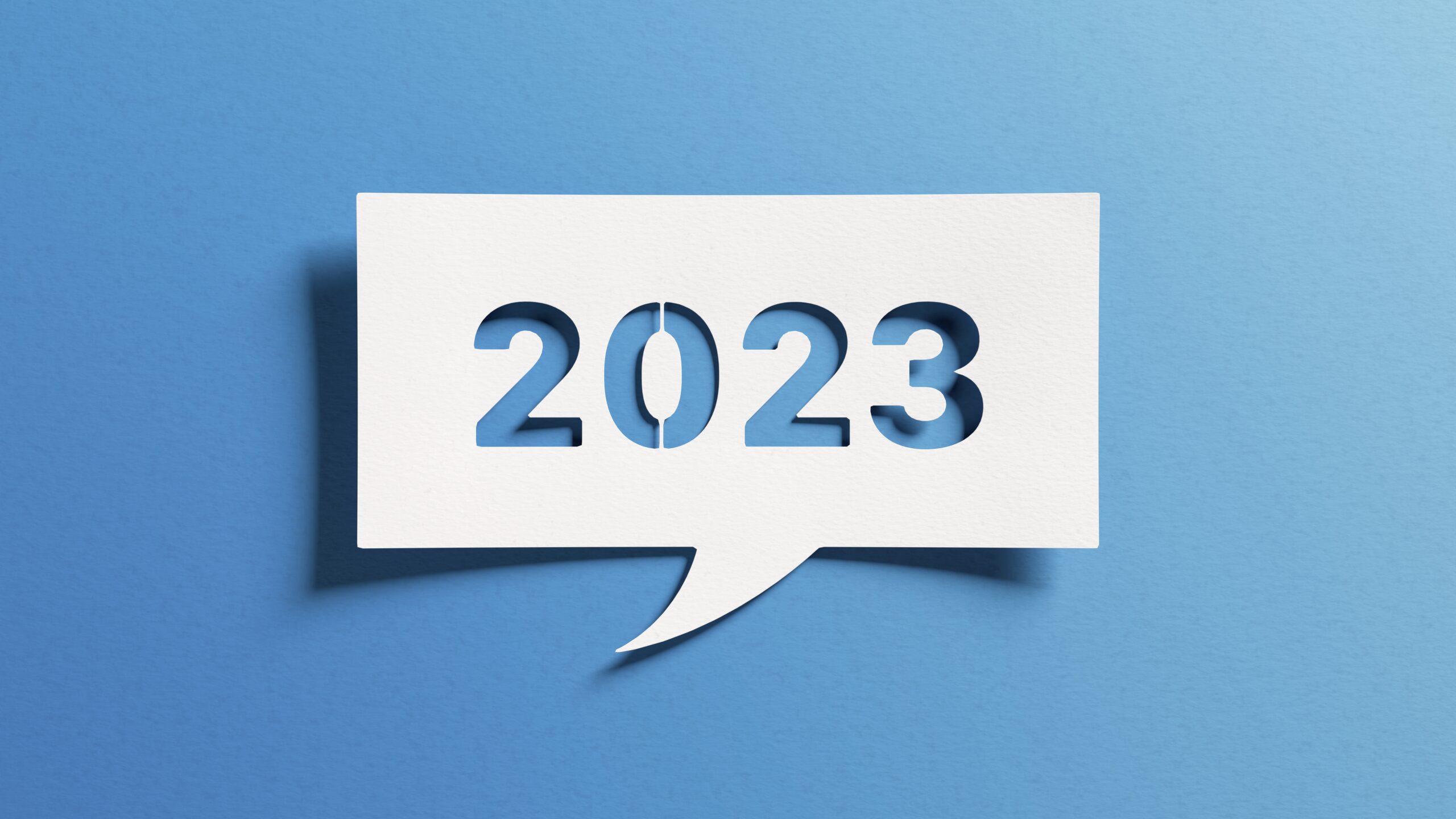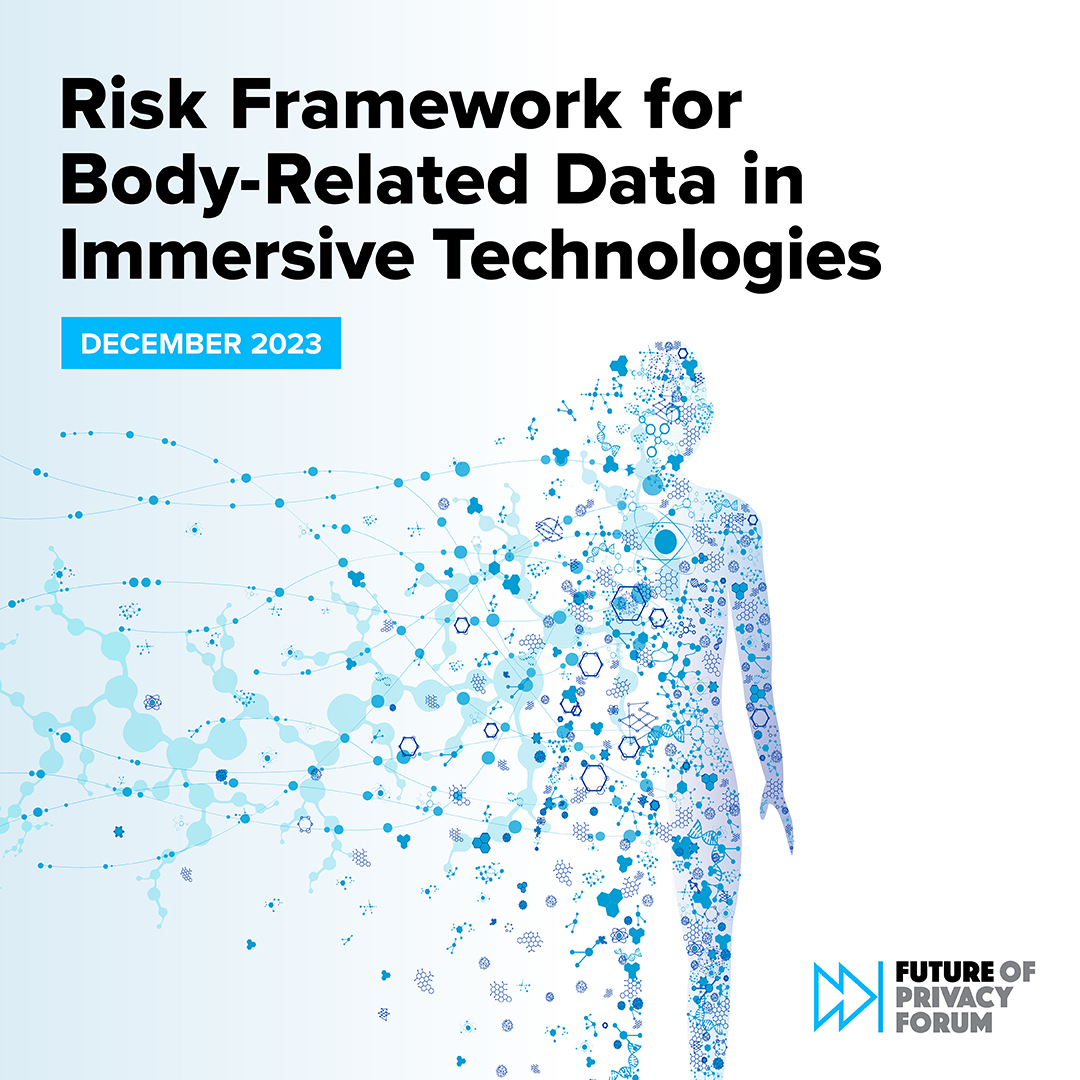
7 Essential Tips to Protect Your Privacy in 2024
Today, almost everything we do online involves companies collecting personal information about us. Personal data is collected and used for various reasons – like when you use social media, shop online, redeem digital coupons at the store, or browse the internet. Sometimes, information is collected about you by one company and then shared or sold […]

Identifying Privacy Risks and Implementing Best Practices for Body-Related Data in Immersive Technologies
As organizations develop more immersive technologies, and rely on the collection, use, and transferring of body-related data, they need to ensure their data practices not only maintain legal compliance, but also more fulsomely protect people’s privacy. To guide organizations as they develop their body-related data practices, the Future of Privacy Forum created the Risk Framework […]

This Year’s Must-Read Privacy Papers to be Honored at Washington, D.C. Event
The Future of Privacy Forum’s 14th Annual Privacy Papers for Policymakers Award Recognizes Influential Privacy Research Today, the Future of Privacy Forum (FPF) — a global non-profit focused on data protection headquartered in Washington, D.C. — announced the winners of its 14th annual Privacy Papers for Policymakers (PPPM) Awards. The PPPM Awards recognize leading U.S. […]

Explaining the Crosswalk Between Singapore’s AI Verify Testing Framework and The U.S. NIST AI Risk Management Framework
On October 13, 2023, Singapore’s Infocomm Media Development Authority (IMDA) and the U.S.’s National Institute of Standards and Technology (NIST) published a “Crosswalk” of IMDA’s AI Verify testing framework and NIST’s AI Risk Management Framework (AI RMF). Developed under the aegis of the Singapore–U.S. Partnership for Growth and Innovation, the Crosswalk is a mapping document […]

Regu(AI)ting Health: Lessons for Navigating the Complex Code of AI and Healthcare Regulations
Authors: Stephanie Wong, Amber Ezzell, & Felicity Slater As an increasing number of organizations utilize artificial intelligence (“AI”) in their patient-facing services, health organizations are seizing the opportunity to take advantage of the new wave of AI-powered tools. Policymakers, from United States (“U.S.”) government agencies to the White House, have taken heed of this trend, […]

Understanding Body-Related Data Practices and Ensuring Legal Compliance in Immersive Technologies
Organizations are increasingly incorporating immersive technologies like extended reality (XR) and virtual worlds into their products and services, blurring the boundaries between the physical and digital worlds. Immersive technologies hold the potential to transform the way people learn, work, play, travel, and take care of their health, but may create new privacy risks as well. […]

FPF in 2023: A Year in Review
As 2023 comes to an end, we want to reflect on a year that saw the Future of Privacy Forum (FPF) continue to expand its presence globally and domestically while organizing engaging events, publishing thought-provoking analysis, providing the latest expert updates, and more. FPF continues to convene industry experts, academics, consumer advocates, and other experts […]

FPF Publishes New Report: A Conversation on Privacy, Safety, and Security in Australia: Themes and Takeaways
On October 27, 2023, the Future of Privacy Forum (“FPF”), in partnership with the UNSW Allens Hub for Technology, Law and Innovation (“Allens Hub”), convened a multidisciplinary meeting of experts on technology, privacy, safety, and security in Sydney, NSW, Australia to discuss benefits, challenges, and unanswered questions associated with the Australian eSafety Commissioner’s (“eSafety”) forthcoming […]

Risk Framework for Body-Related Data in Immersive Technologies
Today, the Future of Privacy Forum (FPF) released its Risk Framework for Body-Related Data in Immersive Technologies for organizations to structure the collection, use, and onward transfer of body-related data. Organizations building immersive technologies like extended reality and virtual worlds often rely on large amounts of data about individuals’ bodies and behaviors. While body-related data […]

Five Big Questions (and Zero Predictions) for the U.S. State Privacy Landscape in 2024
Entering 2024, the United States now stands alone as the sole G20 nation without a comprehensive, national framework governing the collection and use of personal data. With bipartisan efforts to enact federal privacy legislation once again languishing in Congress, state-level activity on privacy dramatically accelerated in 2023. As the dust from this year settles, we […]
